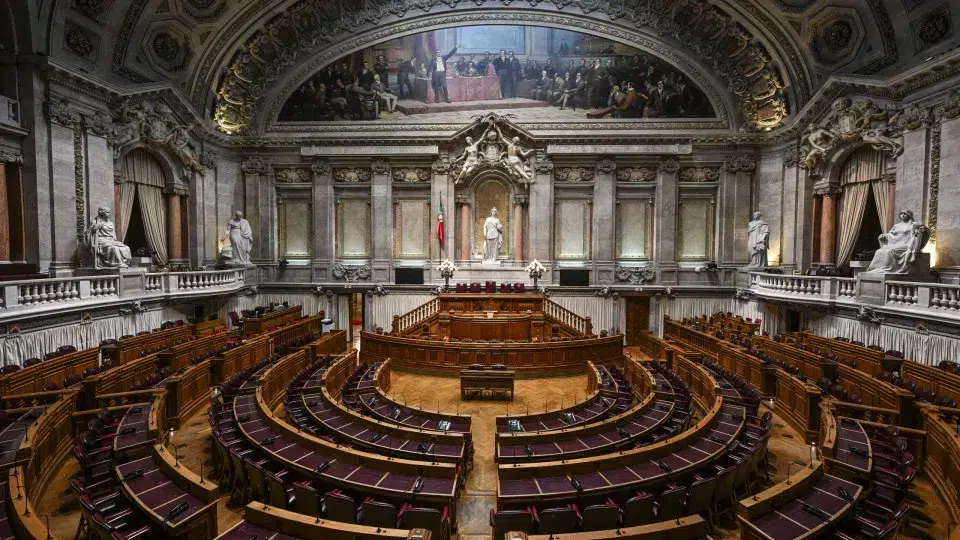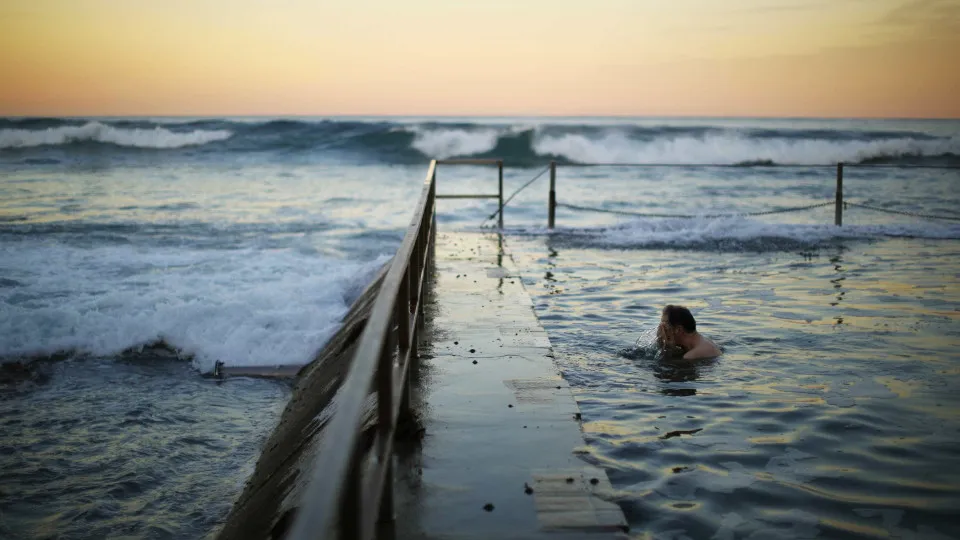
“We are working in line with these objectives. It is a great priority for us to invest in electrical grids, not only in the grid itself but also in its resilience and in storage,” said Maria da Graça Carvalho. This statement was made on the sidelines of the ceremony marking EDP’s first hydrogen molecule injection into a turbine at the Ribatejo thermoelectric plant in Alenquer.
The official was responding to journalists’ questions about the appeal made at the same ceremony by EDP’s CEO, Miguel Stilwell d’Andrade, to expedite licensing for renewable energy investments.
According to the minister, the government has prepared a draft law for the Council of Ministers that “simplifies the creation of high-demand areas” and clarifies the rules for granting grid connection capacity, especially when a project withdraws or only partially proceeds.
“We have legislation that clarifies this to make it much faster,” she stated, emphasizing that measures are also underway in the environmental sector to accelerate licensing in collaboration with the Portuguese Environment Agency (APA) and the Institute for Conservation of Nature and Forests (ICNF).
The official further noted the ongoing transposition of the European directive on renewable energies (RED III), introducing the so-called “acceleration zones,” where projects no longer require individual environmental impact studies.
“Sines will certainly be one of these zones,” she confirmed, adding that the government wants to extend the model to other high-demand areas such as Lisbon, Abrantes, or Estarreja.
When asked about the fact that the hydrogen used in the Ribatejo pilot project, part of the European FLEXnCONFU project, is not entirely green, the minister explained that the aim was to test the innovation of co-combustion in a turbine. “The challenge here was to introduce an electrolyzer, storage, transport, and then mix the hydrogen with natural gas. This is the novelty,” she said.
Maria da Graça Carvalho acknowledged that some hydrogen projects supported by the Recovery and Resilience Plan (PRR) did not progress, but she downplayed the withdrawals.
“I don’t see it as a problem if some projects withdraw, as long as the money is not lost and is reapplied in other technologies,” she noted, citing “extreme complexity” and the lack of large electrolyzers as factors explaining the difficulties.
The minister also assured that Portugal is working to attract industries that can consume the produced hydrogen. “This will be very important not only for using hydrogen but also because it will provide jobs and economic growth in Portugal,” she concluded.
The event also marked EDP’s first hydrogen production in Europe as part of the European FLEXnCONFU project, which involves 21 partners from 10 countries and is funded by the Horizon Europe program.
The initiative was carried out at the Ribatejo combined cycle thermoelectric plant in Alenquer, with the aim of validating the practical application of hydrogen and natural gas combined in an operational context, something still little explored in the sector.
The pilot, developed by an international consortium consisting of 21 partners from 10 European countries, includes a 1.25 MW electrolyzer, which will allow for the production, compression, and storage of hydrogen to then be used in a mix with natural gas in the plant’s turbine.




